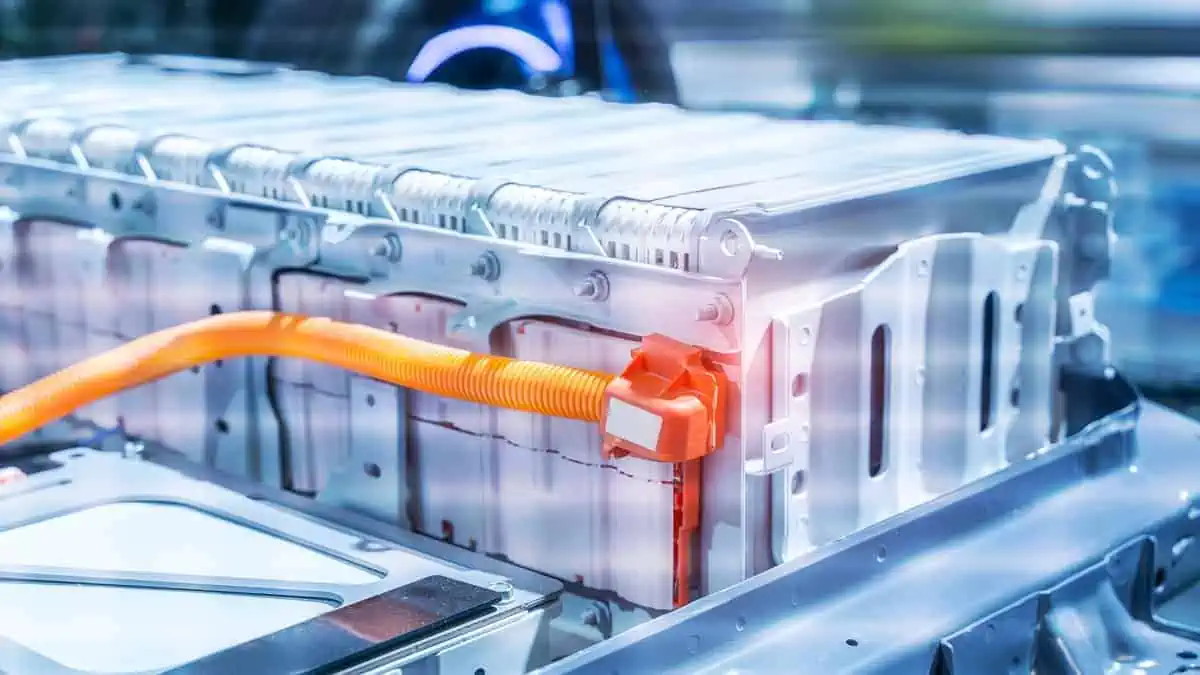Indian battery-as-a-service company VoltUp proudly unveiled its new PowerCore 2.0 battery cell chemistry for its swappable batteries. The new battery technology is apparently compatible with all vehicle segments, from electric two-wheelers to light commercial vehicles.
VoltUp said that the ARAI-approved PowerCore 2.0 will offer its customers an extended battery life and improved safety.
VoltUp CEO emphasized the need for innovative battery technologies that would revolutionize the battery-swapping industry in the country.
“Advancements in battery technology is crucial for their widespread adoption. Introduction of new chemistry in swappable batteries is an innovation that will help every consumers including last-mile connectivity agents. Our new battery packs have an extended life with improved safety and thermal stability, we expect the consumer to focus on their driving needs instead of optimizing their battery life. The battery is designed in-house on a new platform which will further expand interest among B2C consumers who demand improved torque.”
VoltUp CEO Siddharth Kabra
VoltUp’s new PowerCore 2.0 will substantially reduce EV owners’ range anxiety and aid the traditional charging infrastructures in supporting the growing number of EVs in the country.
The company claims its new battery tech will offer customers the highest-quality, law-abiding product option.
VoltUp is currently reconditioning its battery swapping stations to include the newly developed EV batteries. Nonetheless, it will still feature the necessary infrastructures to cater to the current battery packs.
PowerCore 2.0 offers an average life cycle of 10+ years
VoltUp is reportedly testing the new PowerCore 2.0 with numerous OEM products. Remarkably, the battery tech enables a life cycle of more than 10 years for the average Indian driver.
The company also allows customers to select their own vehicle and subscribe to the battery depending on their driving requirements through the VoltUp platform.
A spokesperson also asserted that the current VoltUp battery packs will remain until the end of their life cycle. It is also worth noting that the company has already formulated an effective recycling program for the current battery packs, as demanded by the AIS 156 guidelines.
Meanwhile, the new PowerCore 2.0 offers improved flexibility to support electric two- and three-wheelers and small- and light commercial vehicles.
See Also:
- Ample unveils revolutionary robotic EV battery swapping station, delivers full charge in just 5 minutes
- Gogoro expands battery swapping business to Singapore via B2B partners
- NIO celebrates the achievement of the 10,000th battery swap in Europe
- Patents show NIO’s battery swap station may be able to store up to 22 battery packs
- Southern Chinese city Sanya offers subsidies of up to $1,380 for battery swap-enabled models
VoltUp currently operates more than 150 stations in the country. These include 1,800+ stalls throughout 12 cities and 8 states.
The company further seeks to expand its network to approximately 2,000 stations by the end of 2024.






